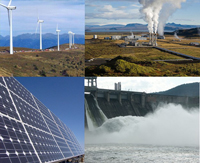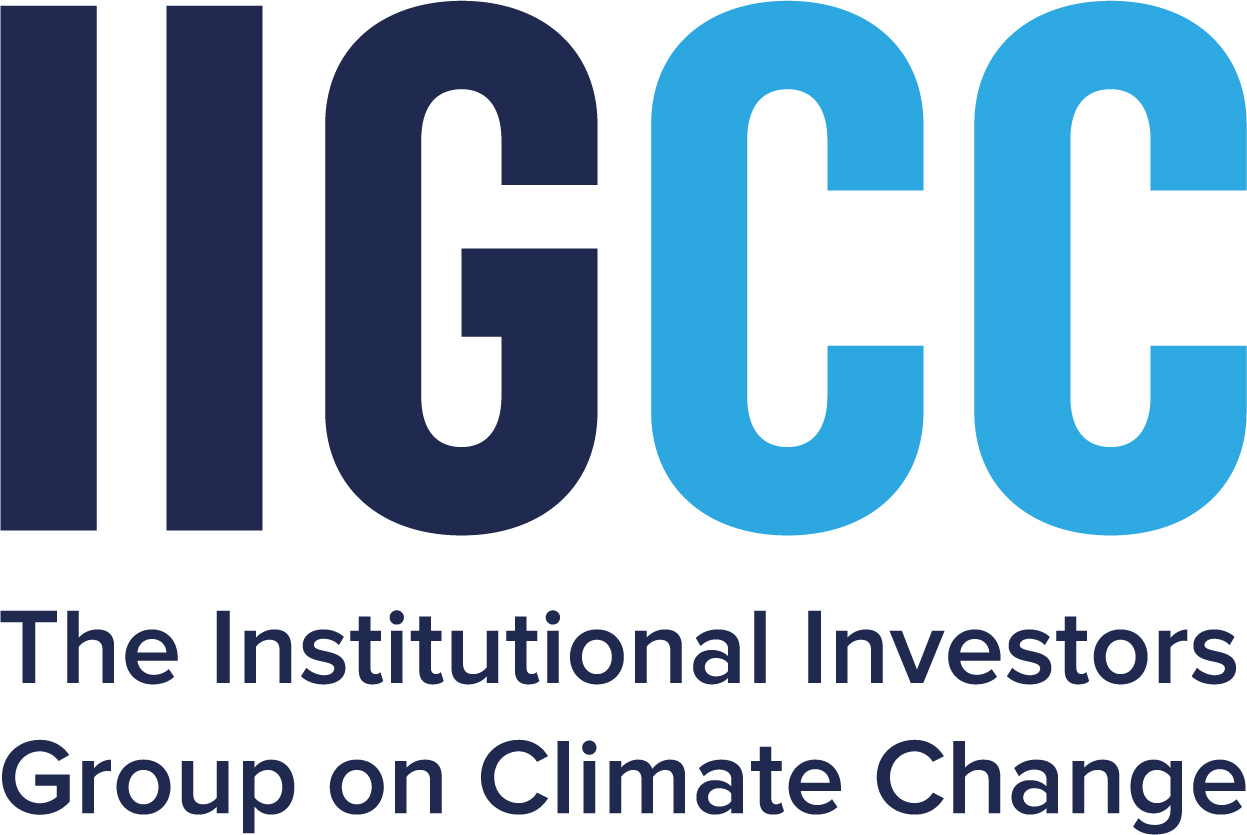DBL Partners’ Managing Partner Nancy Pfund is quoted in this Fierce Energy piece about the recent American Council on Renewable Energy (ACORE) policy forum brainstorming session. Industry analysts and others with interests in the renewables space used the forum to outline what the mix of renewables and legacy energy sources should look like in future energy policy. The costs of renewables like solar and wind have fallen to the point where some (wind, specifically) are on par with coal. The stage is set for “explosive” growth in renewables, and ensuring a healthy mix of them in energy policy will see that through.
There are plenty of misconceptions about the costs and benefits of renewable energy. But while opinions vary as to the effectiveness of generation sources such as wind and solar, facts are indisputable. And the facts show that renewable power is increasingly economical and poised for explosive growth in the United States.
While the U.S. actually saw substantial decline in the renewable energy investment dollars from 2011–2012 (from $300 billion down to $270 billion), that’s a misleading figure. The drop can be attributed, in part, to falling costs of renewable energy materials, and increased energy use. In fact, 2012 was a record year for U.S. installed renewable capacity at 17.4 GW.

Facts show that renewable power is increasingly economical and poised for explosive growth in the United States.
“Solar had a very strong year, but really wind was the big winner overall in terms of capacity,” said Ethan Zindler, head of policy analysis at Bloomberg New Energy Finance.
Zindler was part of a gathering of energy analysts at a recent American Council on Renewable Energy (ACORE) policy forum, which highlighted industry advancements and acted as a brainstorming session for the future of renewable energy policy. While not optimistic about how renewable energy would fare over the next couple years, Zindler noted that these technologies — wind, in particular — are approaching cost parity with coal generation.
A Bloomberg New Energy Finance analysis shows a 20–30 percent drop in the levelized costs (without subsidies) of photovoltaic technology over the past 12 months, and the price of wind generation continues to be down. “The short answer is that, in a number of cases, these technologies really are now very much getting close to being competitive with their fossil rivals,” Zindler said.
Making costs more reasonable is a product of increased investment and research, and much of it was spurred from the American Recovery and Reinvestment Act of 2009, a policy move that pumped substantial cash into renewable energy. The ultimate goal is to see the cost of solar, wind and geothermal systems continue to fall. This is becoming increasingly necessary as natural gas prices remain at historic lows.
Renewables will go toe-to-toe with natural gas in the coming years, as state Renewable Portfolio Standards and U.S. Environmental Protection Agency regulations make it tougher to build new coal generation and more cumbersome to keep old units operating.
Importance of continued policy support
Just as policy can encourage development, its absence can stunt it. Renewables spending slowed recently over fear of revoked renewable production tax credits and subsidies.
In time, the renewables industry will certainly thrive on its own. But for now, policy is critical to supporting renewable energy growth.
Not only will policy offer much needed financial support, but it is also part of the country’s heritage, according to Nancy Pfund, managing partner at venture capital firm DBL Partners.
“Even from the early days of land grants and coal railroad development, the government has played a critical role in supporting the emergence of new technologies in the energy field and transitioning us from one to the other,” Pfund said, speaking at the ACORE forum.
Few of those presenting at the forum projected wide-sweeping energy legislation to hit any time soon. But absent a comprehensive energy reform bill, there are likely to be incremental changes to help erect a stronger energy roadmap, including focusing on continuing support for funding that could further drive down the cost of renewables.
Perhaps Congress should also heed research that demonstrates a growing number Americans want and support renewable energy.
“All the polls, all the studies show that American’s love solar energy and they want the government to pursue policies that support it,” Pfund said. She predicted that over the next few years, the renewable energy discussion will shift from policy professionals to the broader consumer marketplace.
This consumer support also creates an opportunity for utilities to work with lawmakers in driving renewable energy policy and growth, she said.
All in all, the facts seem to be piling up on the side of renewable energy. Policy reform has been shown to work, and has driven costs down. Likewise, a lack of firm policy has slowed advancement, again a testament to it’s potential effectiveness. The next few years will be critical and challenging for renewble energy, but as long as installed capacity continues to grow, and the facts demonstrate improvement, it will be tough to make the argument against these generation sources and the policies that support them.











